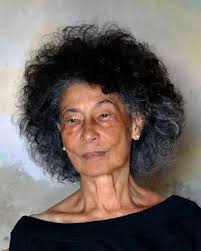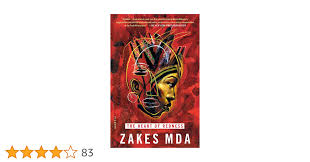Introduction
Zoe Wicomb is a name that resonates profoundly within the literary landscape of South Africa. Renowned for her impactful narratives and exploration of complex social issues, Wicomb’s work has established her as a significant figure in contemporary literature. Her writings not only reflect the intricacies of post-apartheid South Africa but also challenge the status quo, making her a pivotal voice in discussions on race, identity, and belonging.
The Significance of Zoe Wicomb’s Work
Born in 1939 in Cape Town, Wicomb was one of the first South African writers to gain international acclaim while addressing the nuances of her country’s cultural backdrop. Her novels, including “You Can’t Get Lost in Cape Town” and “David’s Story,” delve into the lives of marginalized communities, weaving personal and political narratives that resonate with readers globally. Wicomb’s unique ability to incorporate her experiences as a mixed-race woman into her storytelling has contributed to her status as a literary innovator.
Wicomb’s stories often highlight the intersection of race, class, and gender, reflecting her own experiences and those of others facing similar challenges. Her work serves as an important reminder of the historical injustices that still echo in contemporary society and provides a platform for voices that have often been silenced.
Recent Developments
As of 2023, Zoe Wicomb continues to be an influential figure in the literary scene. In 2021, she was honored with the prestigious South African Literary Award for her lifetime achievement in literature, acknowledging her significant contributions and the impact of her narratives on South African society. Wicomb remains involved in various literary initiatives, aiming to inspire and empower emerging writers, particularly in the fields of social justice and equity.
Conclusion
Zoe Wicomb’s journey as a writer is a testament to the power of literature in highlighting social issues and fostering empathy among readers. Her narratives not only reflect personal truths but also encourage global audiences to engage with the realities of South Africa’s past and present. As her work continues to inspire new generations of writers and readers alike, it is clear that Wicomb’s legacy will endure. For those interested in understanding South Africa’s complex society through literature, delving into Wicomb’s creations is an invaluable entry point.

